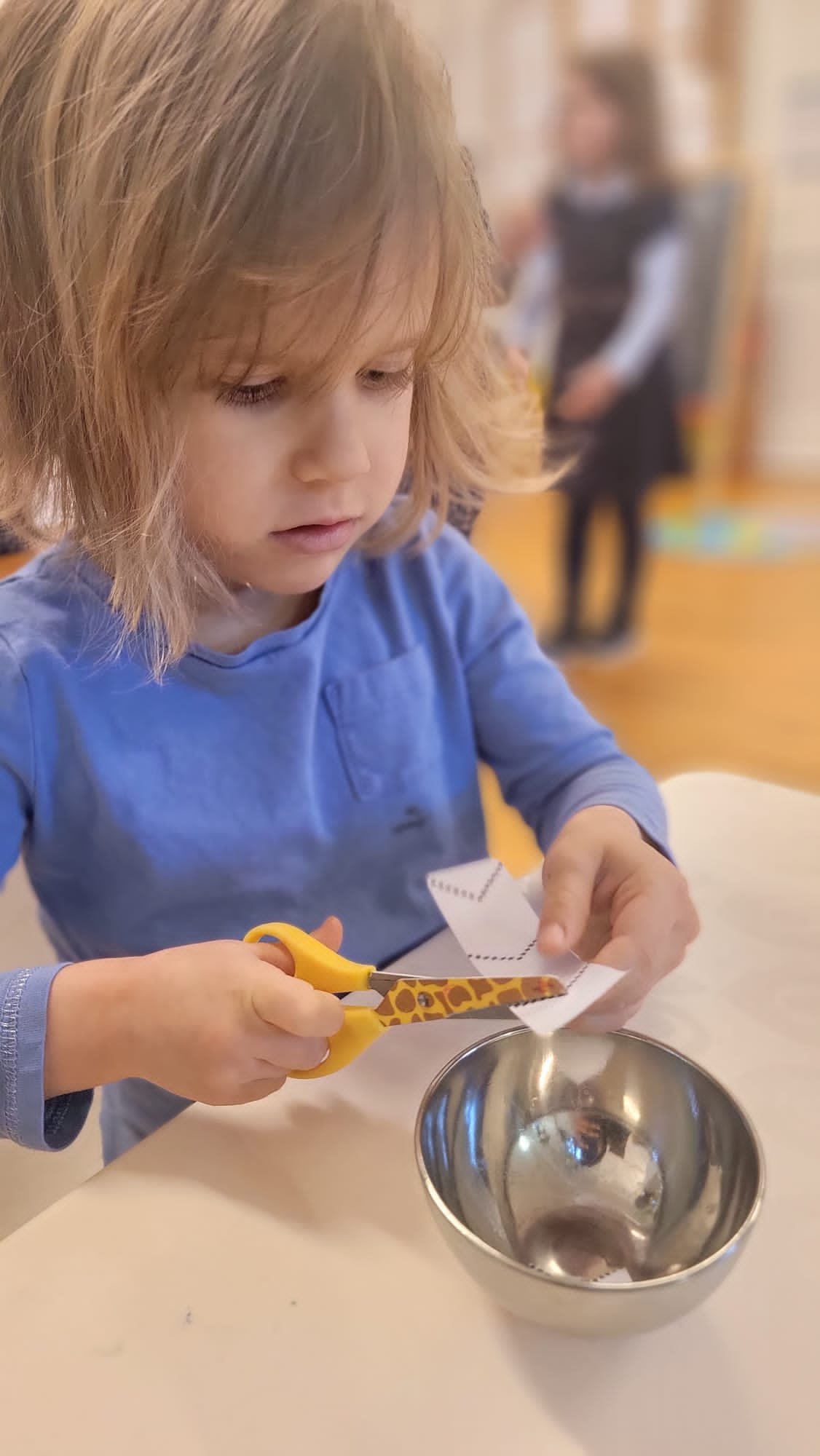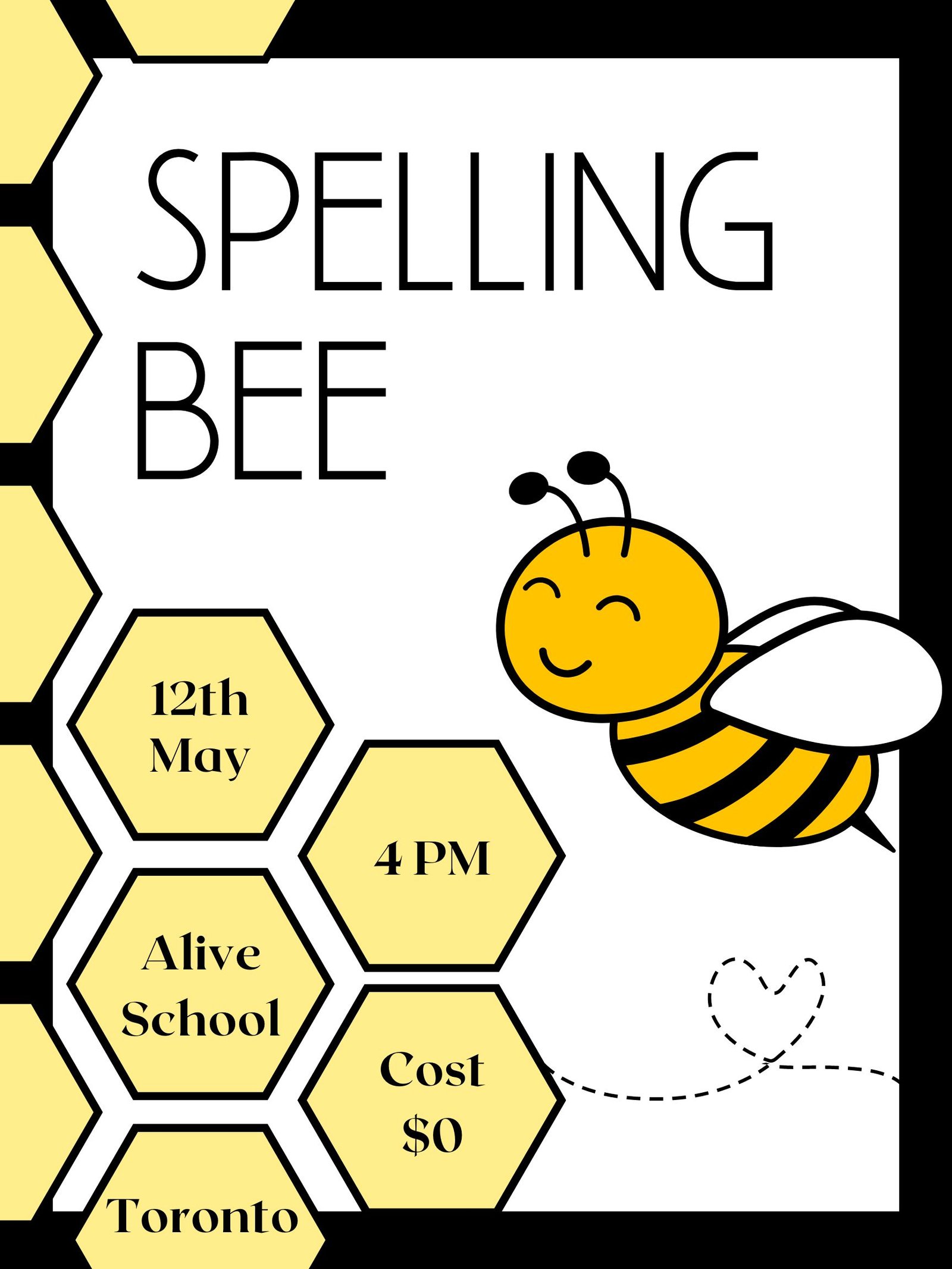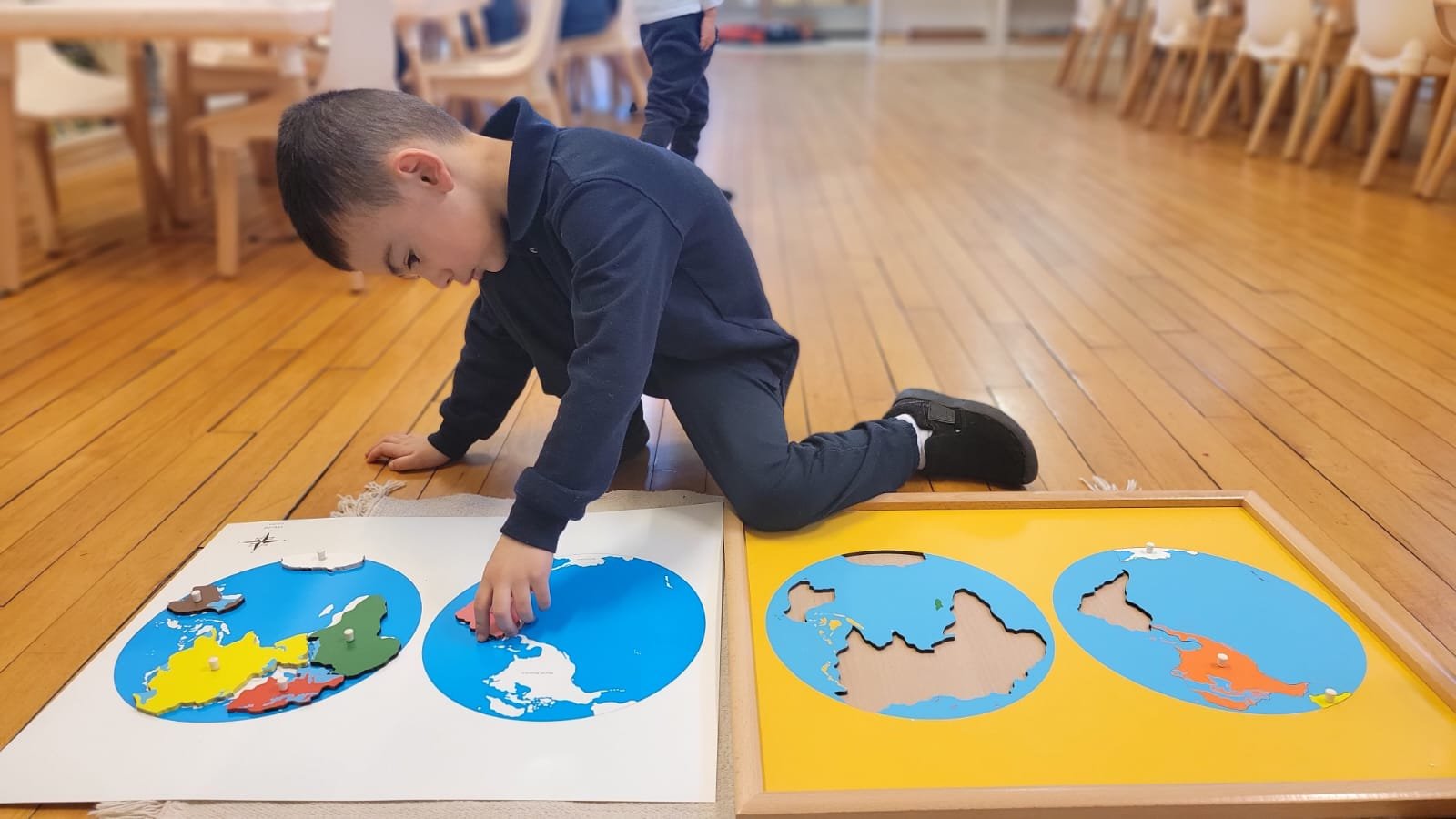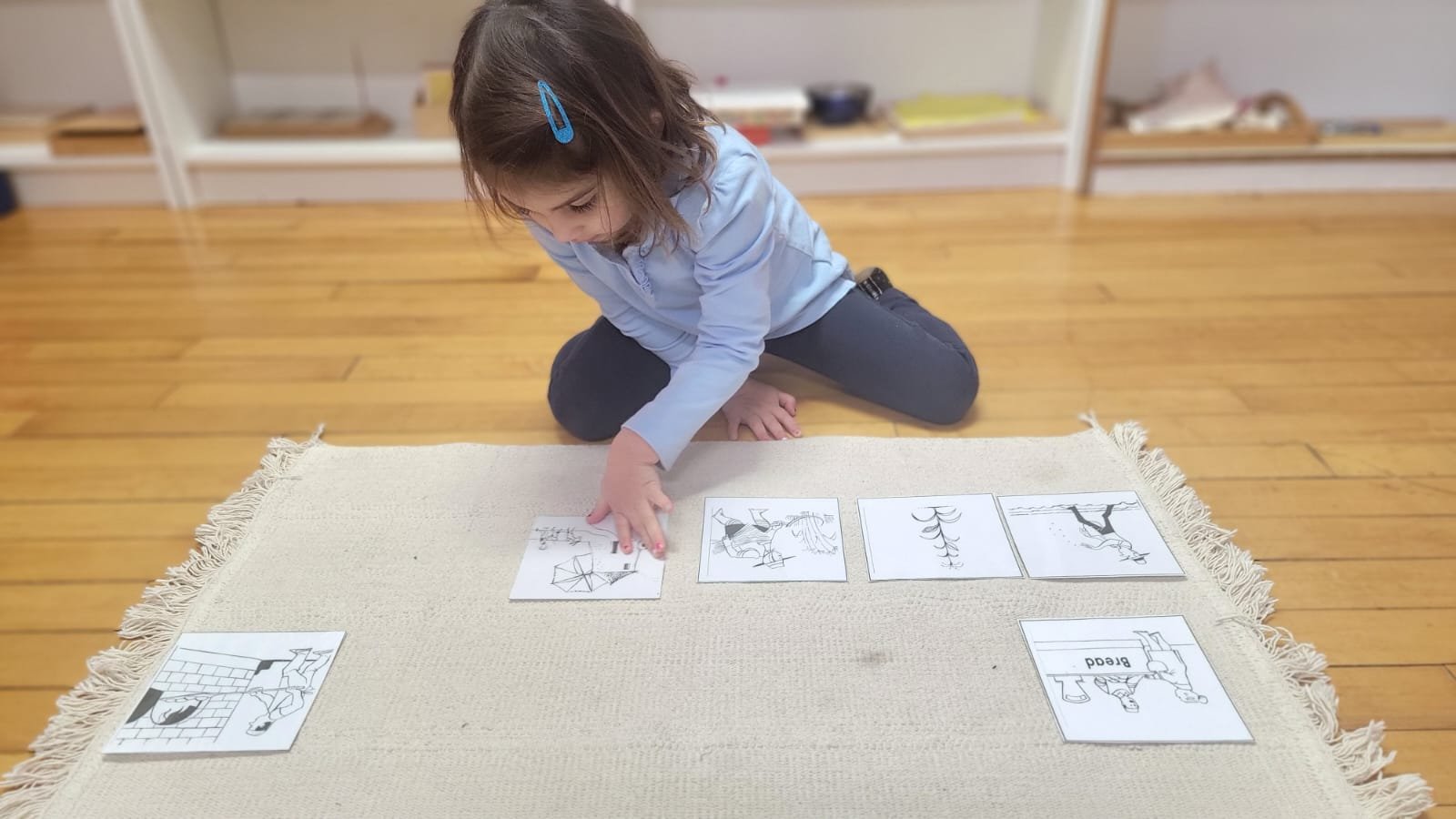We've opened up spots to book in-person tours!
03.05.2023
People often wonder how a Montessori classroom is different from a traditional one. Truth is, there are many differences that have a great impact on a child’s development, and we will try to explain them in this two part article.




